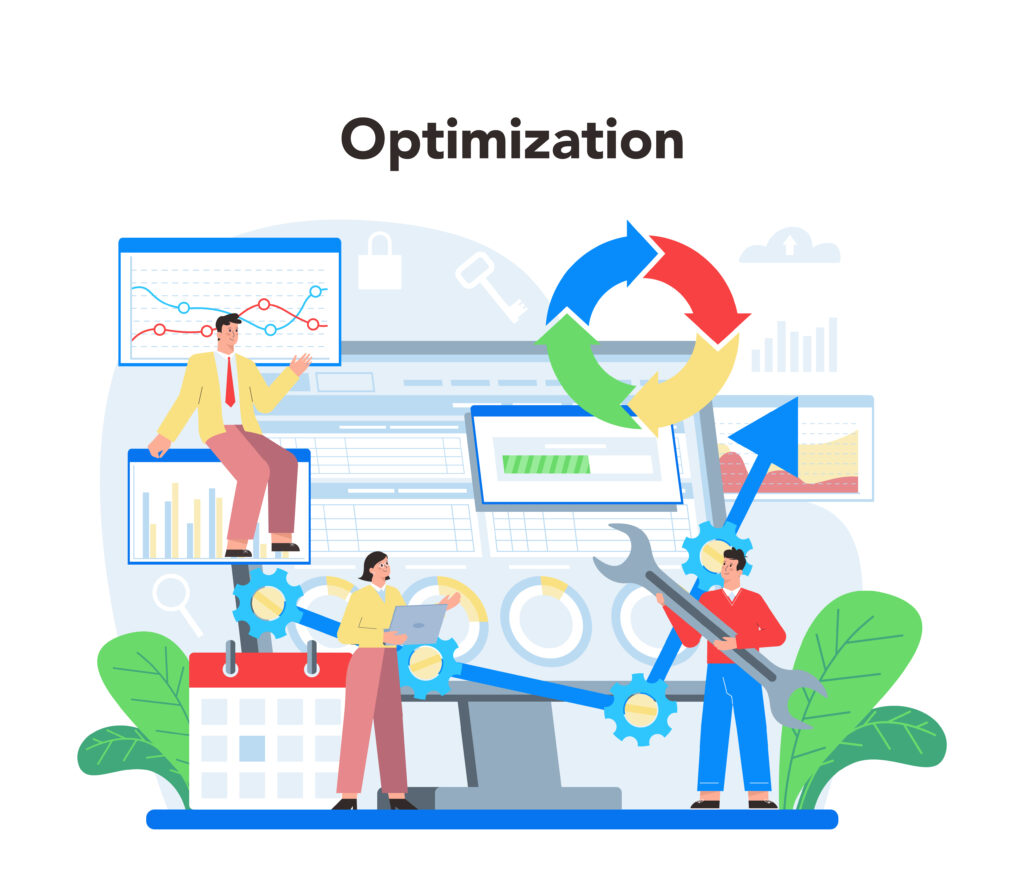Understanding B2B search behavior
Differences between B2B and B2C search behavior
Understanding the differences between B2B and B2C search behavior is crucial for businesses looking to optimize their websites for search engines.
One key difference is the type of keywords and phrases that B2B and B2C companies should target. B2C companies often focus on keywords that are more general and have a higher volume of searches, such as “best travel deals” or “cheap clothing stores.” In contrast, B2B companies may want to target more specific and long-tail keywords that reflect the specific products or services they offer, such as “industrial automation software” or “cloud-based CRM solutions.”
Another difference is the level of research and consideration that goes into a B2B purchase decision. B2B buyers are often looking for detailed information and reviews to help them make informed decisions, so they may engage in more extensive research before making a purchase. B2C buyers, on the other hand, may be more impulsive and make decisions based on emotional appeal or convenience.
Keywords and search intent in B2B
When it comes to SEO for B2B, it’s important to understand the search intent of your target audience. Search intent refers to the reason someone is entering a particular search query, and it can range from informational (e.g. “what is SEO?”) to transactional (e.g. “buy industrial automation software”).
In the B2B world, it’s common for buyers to start with informational queries as they research different products or services. However, as they move further down the sales funnel, their search intent may become more transactional, as they look for specific brands or products to purchase.
To effectively optimize for B2B search, it’s important to identify the keywords and phrases that reflect the search intent of your target audience and ensure that your website provides the information and resources they need at each stage of their journey. By aligning your website content with the search intent of your audience, you can improve your ranking in search engine results pages and drive more qualified traffic to your site.

